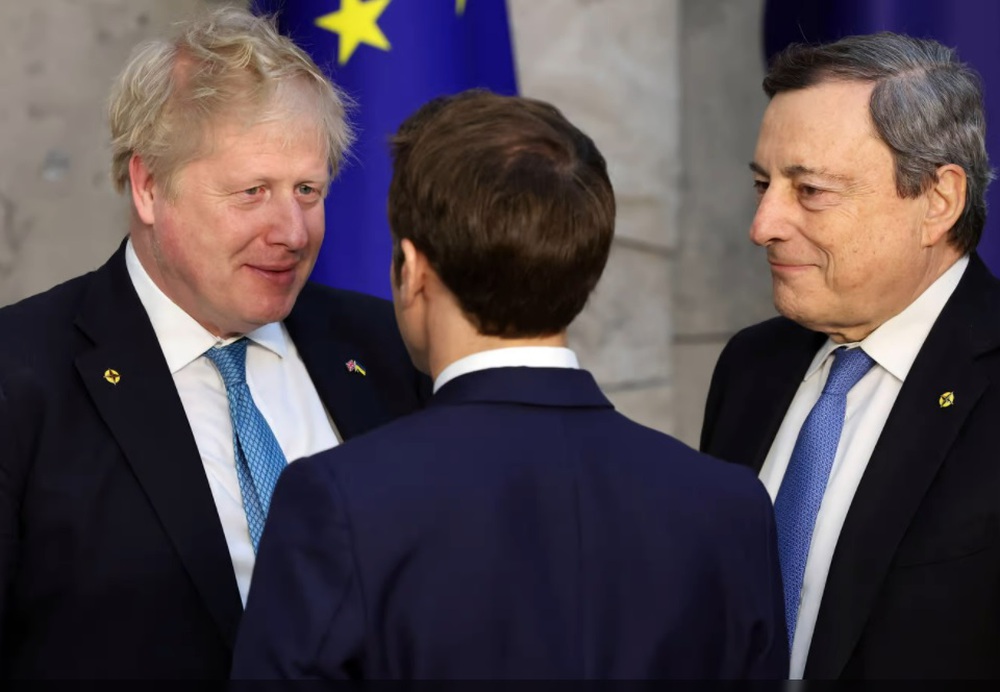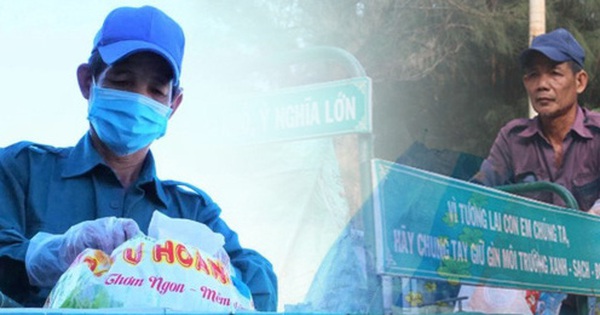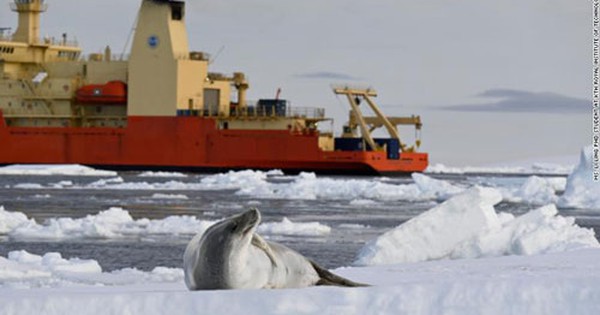According to the Politico.eu news site, the Western allies have shown a united front regarding the conflict. Russia-Ukraine, but it hit a snag in providing the best forum for coordinating sanctions. This is causing disagreement between Brussels and London.

British Prime Minister Boris Johnson, French President Emmanuel Macron and Italian Prime Minister Mario Draghi. Photo: AFP
After rolling out a flurry of sanctions against Moscow over the past month, the European Union, US and UK are scrambling to figure out how best to formally synchronize these sanctions in the future. future.
While the EU appears to be in favor of maintaining the status quo, the UK has made a point of strengthening the G7 so that it can become the main forum for such discussions, setting up a secretariat similar to the other groups. other international organizations, such as NATO.
US Deputy Treasury Secretary Wally Adeyemo on March 29 announced a new “sanctions dialogue” to streamline coordination among Western countries after visiting both London and Brussels, but did not provide details. on measures to organize such negotiations.
US President Joe Biden also mentioned the plan for the first time after a NATO summit in Brussels last week, saying the allies had discussed creating an organization to ensure compliance with sanctions. sanctions, address any “loopholes” and consider “who violated the sanctions, where, when and how?”.
Mr. Adeyemo made it clear that cooperation on sanctions involves many parties rather than just 27 governments within the EU.
For London, the G7 is the right forum for discussions on further sanctions, including the UK, US, Canada, France, Germany, Italy and Japan. British Foreign Secretary Liz Truss once said that the G7 had been a “tool” in coordinating sanctions against Russia. In the past, Ms. Truss has advocated for the formation of a “free network” with partners who share close trade and security ties.
Observers say that the British foreign secretary’s idea is an evolution of the so-called D10 – an expanded version of the G7 that includes Australia, India and South Korea, first introduced by British Prime Minister Boris Johnson out in 2020.
But the British proposal has not received much support in Europe, according to an EU diplomat. EU leaders argue that the G7 allows them to candidly discuss sensitive security issues, but is hard to come up with any changes that would leave either of them more vulnerable to pressure from the other. other country.
“It will create more problems than solutions,” said the EU diplomat, highlighting the possibility that China would oppose India joining the group, adding that Britain’s desire to strengthen the G7 stems from “feeling of isolation after Brexit”.
Others in Europe suggested that the allies could form a “sanctions committee” affiliated with NATO, arguing that the transatlantic military alliance represented a majority of the governments participating in the alliance. those discussions.
However, this option poses the same problem as the expanded G7 proposal: There are six EU countries participating in sanctions against Russia that are not members of NATO, as well as Japan and Switzerland, among others. Opponents say it would be “odd to link economic sanctions to a military-security alliance”.
EU ambassadors are yet to discuss options for cooperation regarding sanctions. Mairead McGuinness, European Commissioner for Financial Affairs, said the EU and US were agreeing on sanctions and the key was to “ensure effective and adequate enforcement of sanctions”.
“I’m not surprised that some EU governments and the European Commission don’t want the G7 to get involved because it reduces power,” said Robin Niblett, director of the London-based Chatham House foreign affairs consultancy. and their influence on America.
at Blogtuan.info – Source: Soha.vn – Read the original article here



